Have you ever wondered if the air inside your home could make you sick? It's a valid question, especially when thinking about the hidden parts of your home, like air ducts.
Read Full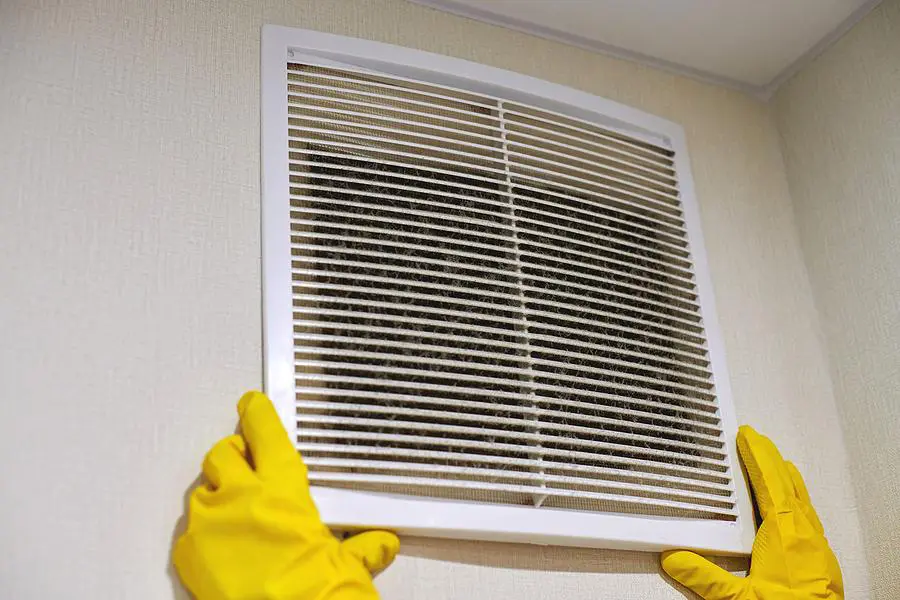
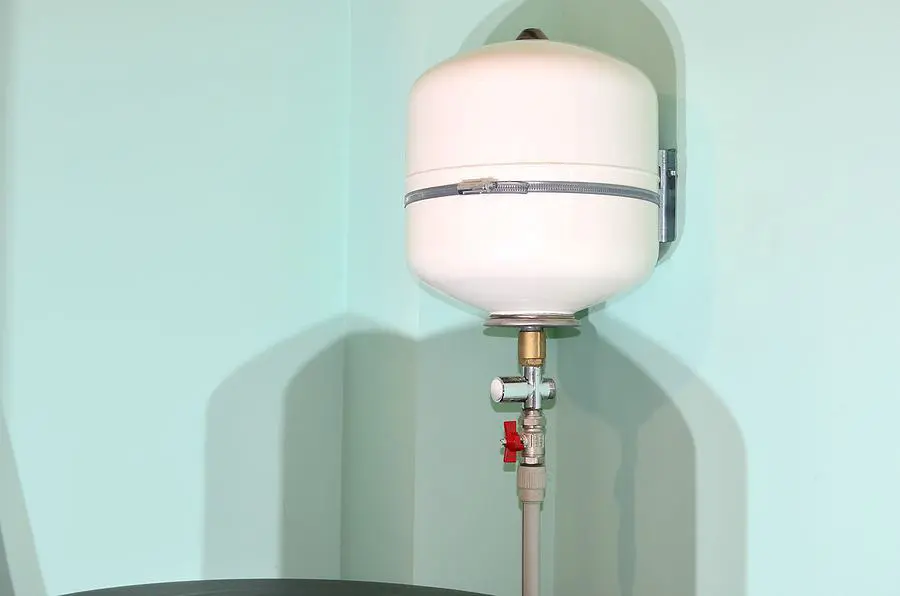
Heating your home involves selecting between several options, with boilers and furnaces being two of the more prevalent choices. Each has its advantages and disadvantages that should help guide your decision. Zion Custom Air explores each system in this guide to help make informed choices on a heating replacement that suits you and your home best.
Boilers are widely revered for their impressive energy efficiency. Operating by heating water or steam to provide radiant heat distribution through pipes guarantees minimal heat loss - making boilers one of the most energy-efficient heating systems available today.
Your decision between a boiler and furnace ultimately lies within your personal needs and preferences, so here are a few factors you may wish to keep in mind when making this selection:
Installation, maintenance, and repairs should always be handled by an HVAC company with expertise in installation, repair, and replacement - whether furnace service or heating replacement - for optimal heating system functioning and efficiency. Professional HVAC services guarantee optimal and efficient performance from their heating services.
Boilers and furnaces each offer distinct advantages and drawbacks that may make them suitable for different heating requirements and preferences. Boilers excel in energy efficiency, heat distribution, longevity, and affordability; furnaces offer faster heating speed at a more reasonable cost with easier installation processes.
When choosing, consider factors such as climate, budget, available space, noise tolerance, and long-term plans. Professional assistance from Zion Custom Air will ensure a comfortable home during cold months; whether it's furnace repair or heating replacement you require, their expertise will make a noticeable difference to its performance.

Have you ever wondered if the air inside your home could make you sick? It's a valid question, especially when thinking about the hidden parts of your home, like air ducts.
Read Full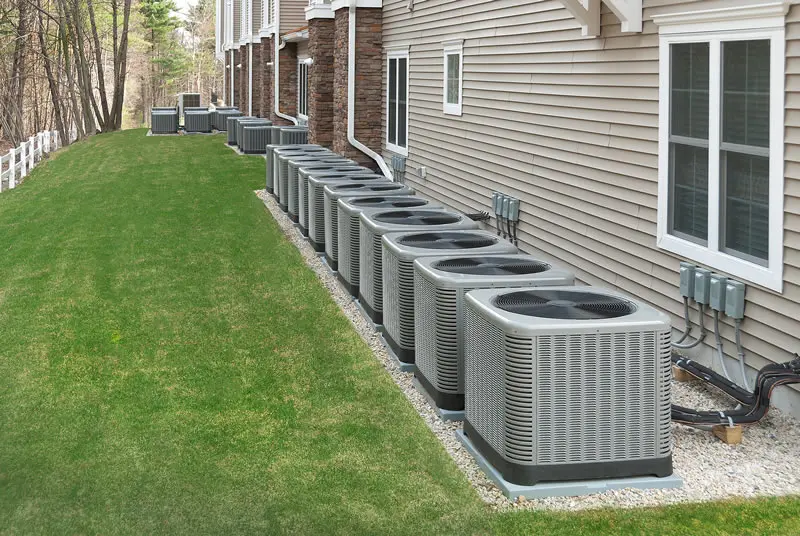
Finding ways to keep your home comfortable throughout the year can be difficult. Various solutions are available, but here, we will focus on two popular ones—heat pumps and
Read Full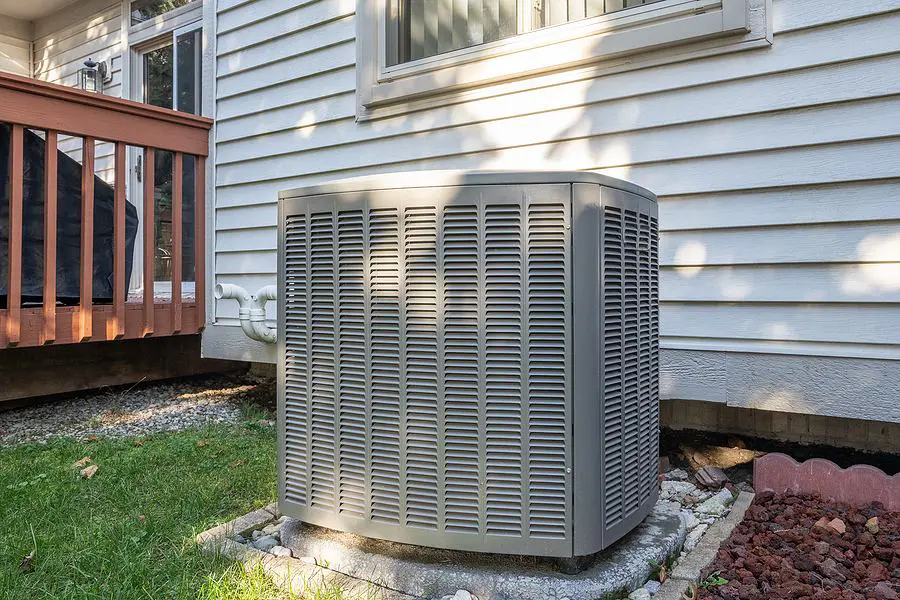
Finding an appropriate heating replacement and cooling system to keep your home comfortable can be challenging. Two popular choices are forced air systems and central air systems.
Read Full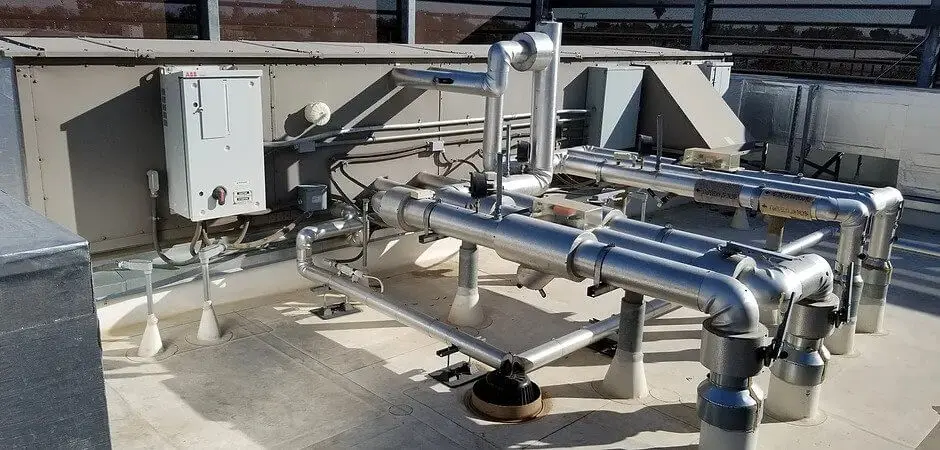
Finding the optimal heating design for your building is like selecting the ideal winter coat: It should fit comfortably, provide warmth without breaking the bank, and last through several
Read Full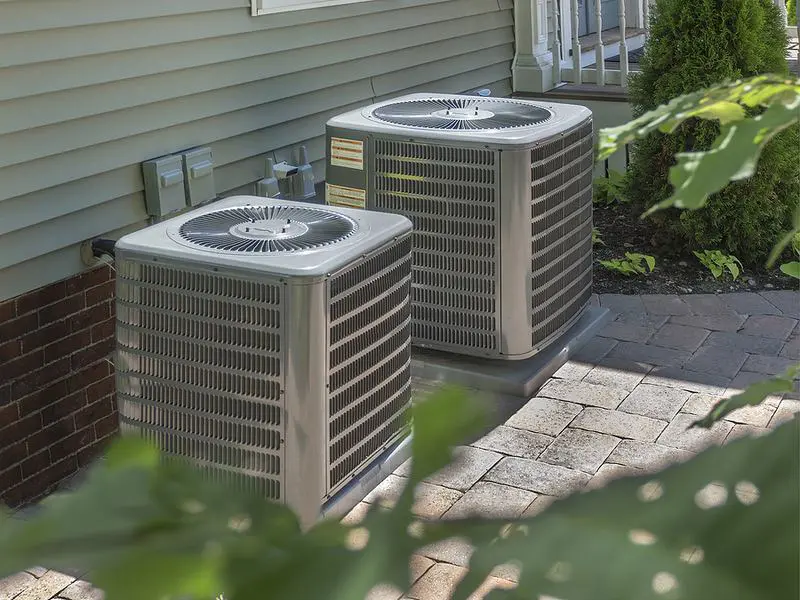
Heat pumps are like superheroes for our homes, keeping us cozy during winter and refreshing during summer. Unfortunately, even superheroes sometimes need help, so
Read Full18723 Via Princessa Ste 135, Santa Clarita 91321
661-361-3535Your local professional HVAC technicians. Schedule Heating & Cooling service today.
